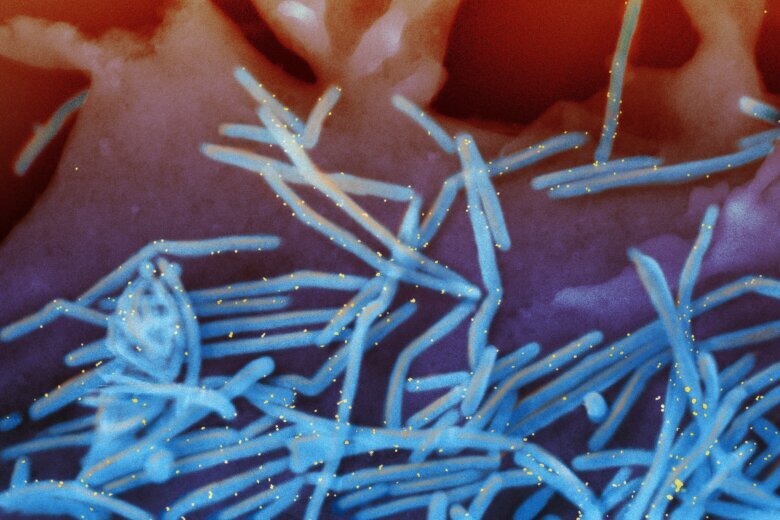As cooler weather arrives, so does a rise in seasonal illnesses. One in particular is drawing concern from health experts for its impact on young children.
As cooler weather arrives, so does a rise in seasonal illnesses. One in particular is drawing concern from health experts for its impact on young children.
“RSV peak season is upon us,” said Dr. Juanita Mora, an allergist, immunologist and National Medical spokesperson for the American Lung Association.
Cases of RSV, or respiratory syncytial virus, typically spike from October through March and the illness is especially dangerous for infants and toddlers.
“One out of every two babies who gets RSV will be hospitalized,” Mora said.
That troubling statistic is why doctors are urging parents to take steps to protect their children from the highly contagious virus. RSV can cause severe respiratory issues in infants, whose lungs are still developing.
“A baby can’t handle all the phlegm that’s being produced by this virus as it hits their lungs,” Mora explained. “It causes them to have trouble breathing, and they start using their little muscles in the chest to try to breathe, and their neck as well, too.”
Parents should be alert to early signs of RSV, which often resemble a common cold but can quickly escalate.
“One is shortness of breath or wheezing,” Mora said. “The other is signs and symptoms of dehydration.”
Fatigue, fewer wet diapers and poor feeding are also red flags that a child may need medical attention.
There are now tools to help protect infants from RSV.
“There are two ways to protect these babies: one is by giving the RSV vaccine to pregnant moms, the other is by giving a monoclonal antibody shot to babies from birth to eight months,” she said.
The vaccine for moms is administered between 32 and 36 weeks of pregnancy, passing immunity to the baby for the first six months of life. The monoclonal antibody shot offers direct protection to infants, and is also recommended for high-risk children up to 19 months old.
Mora said that prevention doesn’t stop with babies and parents, emphasizing that it should extend to grandparents and caregivers.
“An RSV vaccine also exists to basically protect those greater than 65 years and over,” she said. “So we have to protect the whole village.”
Health officials also recommend frequent handwashing, masking when sick and keeping ill children home from day care or school to help reduce the spread of RSV.
Get breaking news and daily headlines delivered to your email inbox by signing up here.
© 2025 WTOP. All Rights Reserved. This website is not intended for users located within the European Economic Area.
